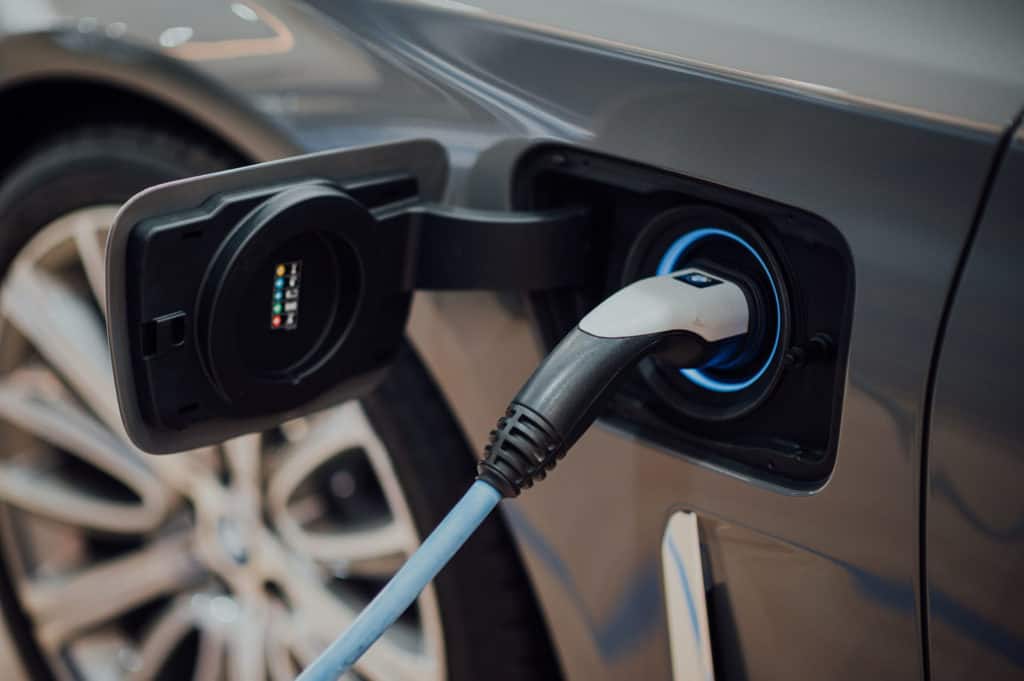If you’re thinking of purchasing an electric car, you may have heard many conflicting reports about whether the lithium batteries powering electric vehicles are really fit for purpose.
Well, the truth is, these batteries have made huge improvements in recent years, but are still quite expensive to produce, hence pushing up the price of new electric cars in comparison to traditional combustion engines.
This article will explore some of the pros and cons of electric car batteries, so you can make an educated decision on whether an electric vehicle is right for you and your family.

The Lithium Battery
Electric vehicles are powered by Lithium batteries. These batteries are very expensive to produce, hence the prices of electric cars being expensive in comparison to petrol and diesel cars.
However, they are still much cleaner for the environment, and the batteries are dropping in price every year, which should eventually filter down into the cost of the car.
This is largely because most countries are now part of a ‘greener’ initiative and are slowly switching from burning fossil fuels for energy to more sustainable sources of power production, such as wind farming and solar panels.
While we are a long way from having all of our electricity needs met by sustainable sources, around 41% of our electricity comes from renewable sources, and we have committed to becoming carbon neutral by 2050.
Travel Distances
Electric vehicles are not a new phenomenon. In fact, they have been around since the early 1800s and were once the most popular mode of transport. However, back then, the batteries were not fit for purpose, and only very short journeys could be made.
Luckily for us, in recent years, lithium batteries have made leaps and bounds and are now able to easily do 200-300 miles on one charge (with some higher-end cars lasting up to 600 miles!)
For most people, this range is more than enough for their everyday usage. People travelling extra-long distances on a regular basis may need to plan their routes more carefully, but generally speaking, electric car batteries are now very efficient.
Accessibility
Astonishingly, there are now more places to charge your electric vehicle than there are petrol stations in the United Kingdom! This is a huge step forward for electric car owners and part of a government initiative to get more people switching.
There are 32,000 charging points in the UK, and this is increasing constantly, as new build public facilities have grants available to them to install charge points.
In addition to this, you can easily have a charging point installed at home, and there are grants available to help you do this.
This is fantastic news for electric vehicle owners, as it means that you should easily be able to get from A to B without worry, and if you are heading out on a particularly long journey, you can simply plan your stops around charging points.
New Charging Options
Whilst charging an electric car has never been more accessible, there are also new options coming to the market all the time. The most recent is rapid charging.
LV Electrix has the facts on electric vehicle car insurance and at-home charging points, and they have a useful guide on electric car charging, which covers things like standard vs rapid charging. They state that standard charging will essentially give you 8 miles for every 1 hour you charge your electric car on average. Rapid charging in comparison will give you 1000 miles per 1 hour charge!
This is a huge benefit for people who are on the move, as it means you can simply stop for a bite to eat and give your car enough power for the remainder of your journey, without having to hang about for long stops.
Charging Costs
Many supermarkets and shopping centres allow you to charge your car free whilst at their facility, which is fantastic for anyone on a budget.
However, charging at home is obviously going to eat into your electricity supply.
There are a lot of variables in this, as it can depend on the type of electric vehicle you own, but as a general outline, to charge your car fully it will usually cost between £5 and £15 in electricity. Smart chargers are a great way of saving money, as they will charge your car when electricity from the grid is at its cheapest.
In comparison to fuel, electricity is extremely cheap (especially with the gas hikes of late), and so it is still a lot more cost-effective to charge an electric car (3 times less per 100 miles) than a standard combustion engine car.
Summary
Electric batteries have come a long way and are now fit for everyday use. Unless you are travelling hundreds of miles per day, then an electric car could be a great option for you to both save money and help the environment in the meantime.